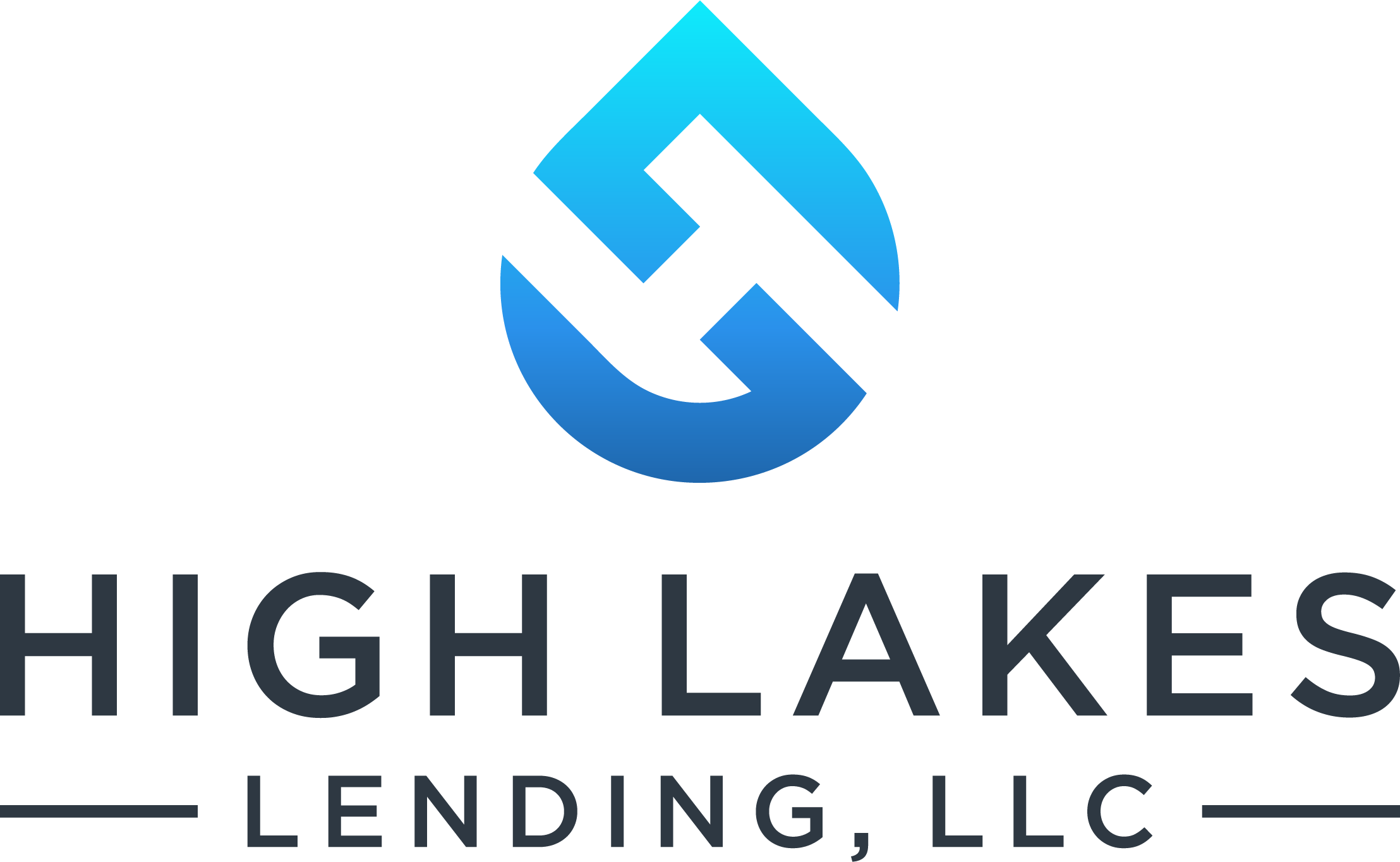Construction Loans
The the Construction Loan Advantage
High Lakes Lending, LLC – Local Independent Mortgage Broker providing excellent service and aggressive interest rates
Construction loans are short-term financing products used to fund the costs of building or rehabilitating residential or commercial real estate. They typically carry higher interest rates than traditional mortgages due to the increased risk lenders assume during the construction phase. Borrowers usually make interest-only payments on the amounts drawn until the project is complete.
Upon completion, these loans are either refinanced into permanent mortgages or converted automatically under a construction-to-permanent arrangement. During construction, funds are generally disbursed directly to contractors in stages based on a predefined draw schedule.
Key Advantages of Construction Loans
Customized Financing Structure: Funds are released in draws tied to construction milestones (e.g., foundation, framing, finishing), so you only pay interest on funds you’ve actually used.
Interest-Only Payments During Build: You typically pay interest only on each draw, lowering cash-flow strain while your project is underway.
Construction-to-Permanent Convenience: One-closing construction-to-permanent loans eliminate the need for a second closing by converting interim financing into a standard mortgage upon project completion.
Qualified Builder Requirement: Lenders generally require you to work with a licensed, insured builder and to submit detailed plans, ensuring project quality and feasibility.
Comprehensive Cost Coverage: Construction loans can cover land acquisition, materials, labor, permits, and contingency reserves, giving you flexibility to manage all major expenses under one financing package.
Understanding Construction Loan Eligibility
Credit Score Requirements: Most lenders seek a minimum credit score of 620–680 for construction financing.
Down Payment: Expect to provide at least 20%–25% of total project cost as equity up front.
Debt-to-Income Ratio (DTI): Borrowers usually need a DTI under 43%–45% to demonstrate capacity for both interest payments during construction and principal/interest after conversion.
Builder Approval & Contracts: You must present a signed builder contract, project budget, and construction timeline for underwriting.
Project Documentation: Lenders require architectural plans, cost estimates, and permits to assess feasibility and collateral value.
The Construction Loan Process: A Step-by-Step Guide
Initial Discussion & Preapproval: Provide financials, credit information, and preliminary project details to determine borrowing capacity.
Formal Application: Submit a completed loan application along with detailed plans, builder agreements, and cost breakdowns.
Underwriting Review: Underwriters evaluate your financial profile, builder credentials, and project documentation; additional information may be requested.
Closing & First Draw: Sign loan documents, pay closing costs, and receive the initial disbursement for land purchase or foundational work.
Construction Draws & Inspections: Subsequent funds are released at each verified stage after lender or inspector approval.
Conversion to Permanent Financing: Upon final inspection and project completion, the loan converts to a traditional mortgage or is refinanced into long-term financing.
Is a Construction Loan Right for You?
Construction loans can be an excellent solution when you want to build or substantially renovate a property, but they come with unique requirements, costs, and risks that differ from traditional mortgages.
Do You Have Suitable Land or an Existing Structure to Improve?
Construction loans require collateral—in most cases, raw land or a home under renovation—that lenders can appraise and inspect. Without a build-ready lot or an existing structure, you won’t meet basic underwriting criteria.
Will You Work with a Licensed, Insured Builder?
Lenders typically mandate that you hire a professional builder with proper licensing, insurance, and a track record of completing residential projects on time and budget. This mitigates risk and ensures quality control.
Can You Manage Interest-Only Payments During Construction?
Unlike standard mortgages, construction loans usually require interest-only payments on the funds disbursed in each draw. You must have sufficient cash flow to cover these interim costs until the project converts to a permanent mortgage.
Is Your Credit Score and Financial Profile Strong Enough?
Most lenders look for a minimum credit score between 620 and 680, a debt-to-income ratio below 43%–45%, and adequate reserves for unexpected expenses. Strong credit and stable income demonstrate your ability to handle both construction-phase and post-build payments.
Have You Prepared a Detailed Construction Plan and Budget?
Underwriting hinges on thorough documentation: architectural drawings, contractor bids, permit approvals, and a detailed cost estimate. Lenders review these materials to confirm project feasibility and to structure a draw schedule tied to construction milestones.
Are You Ready for Potential Delays and Cost Overruns?
Construction timelines can slip due to weather, supply chain issues, or permit delays. Plan for at least a 10%–20% contingency reserve and build flexibility into your budget to avoid stalled draws and financing gaps.
Do You Plan to Convert to Permanent Financing?
If you opt for a construction-to-permanent loan, know whether your lender offers a one-close solution or requires a separate refinance closing. One-close loans eliminate extra fees and rate-lock risks, but standalone construction loans demand planning for a “take-out” mortgage later.
Ready to Build Your Dream Home?
Talk to Our Construction Loan Experts
Our dedicated team at High Lakes Lending, LLC is here to guide you through every step of your project financing. Whether you’re breaking ground on raw land or transforming an existing structure, we’ll tailor a construction loan solution that fits your timeline, budget, and long-term goals.
Get Your Personalized Preapproval
Don’t wait to discover how much you can borrow. Reach out today for a no-obligation preapproval that outlines your borrowing power and keeps your builder moving forward on schedule.
